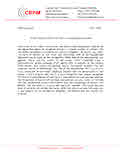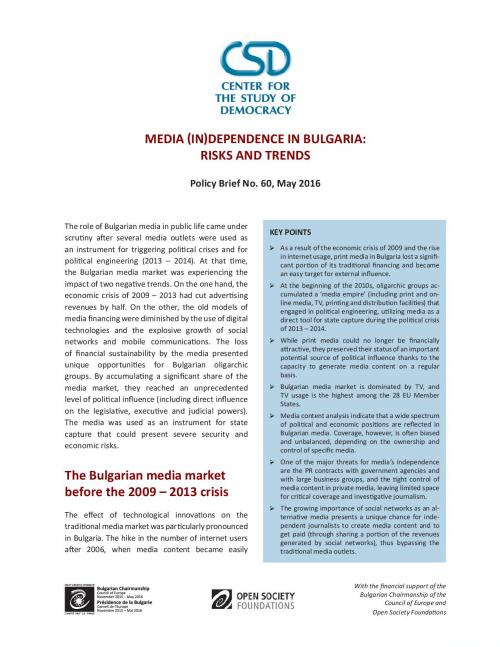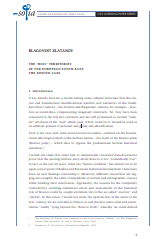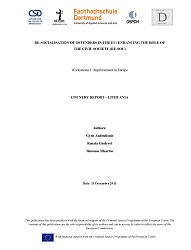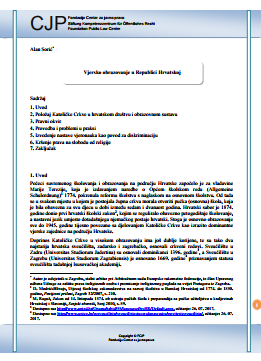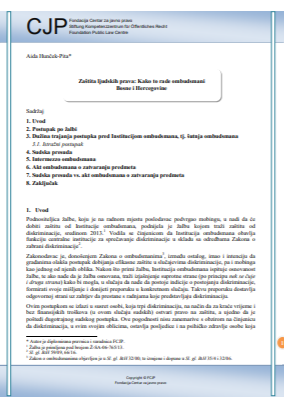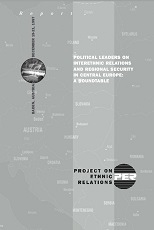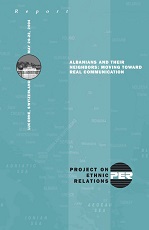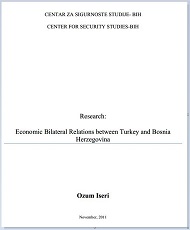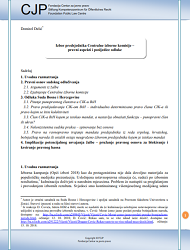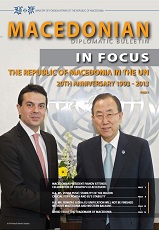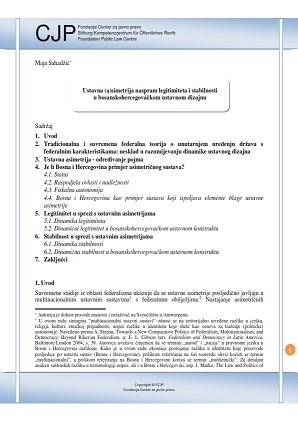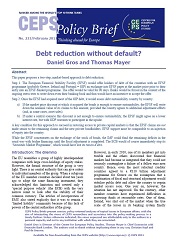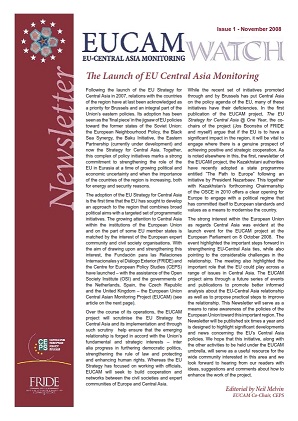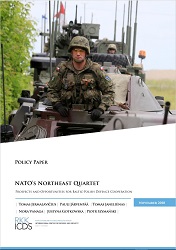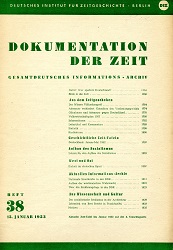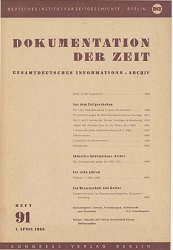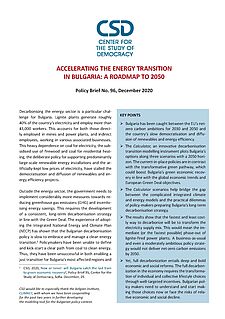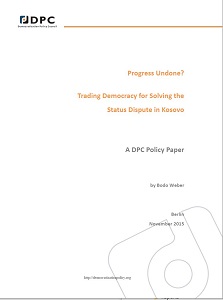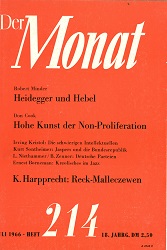Albanians and Their Neighbors: Moving toward Real Communication
Author(s): / Language(s): English
Keywords: Albania; Western Balkans; interethnic relations;
Relations between Albanians and their neighbors dominate politics in the Balkans and pose a continuing problem for European and Euro- Atlantic stability. More than a decade after the wars in ex-Yugoslavia first erupted, the so-called “Albanian Question” remains unresolved, with interethnic struggles in Kosovo, South Serbia, and Macedonia.
The series on Albanians and Their Neighbors, launched by the Project on Ethnic Relations (PER) in 2000, is a unique regional undertaking that brings together almost every significant ethnic Albanian political actor from the Balkans with non-Albanian counterparts from Serbia, Montenegro, Macedonia, Greece, and the international community. This is a report of the fourth gathering, which took place in Lucerne, Switzerland in May 2004. (Three earlier meetings took place in Budapest and in Athens in 2000, and in Lucerne in 2002.)
These PER meetings provide the venue where many of the most critical high-level discussions and negotiations take place between Albanians and their neighbors—as well as with key players from the international community. Since 2000, PER has also convened regular follow-up roundtables in Kosovo, Macedonia, and Montenegro, with the aim of promoting practical measures toward interethnic accord. (Reports on these PER efforts are available at www.per-usa.org.)
The May 2004 roundtable was noteworthy for the participants’ newly constructive approach to the question of Kosovo and positive reports on interethnic accommodation in Macedonia and Montenegro. The roundtable also made possible an additional PER effort: a face-to-face meeting in Pristina the following month between Kosovo Albanian and Serb political leaders, their first since the violence in Kosovo in March 2004.
More...
